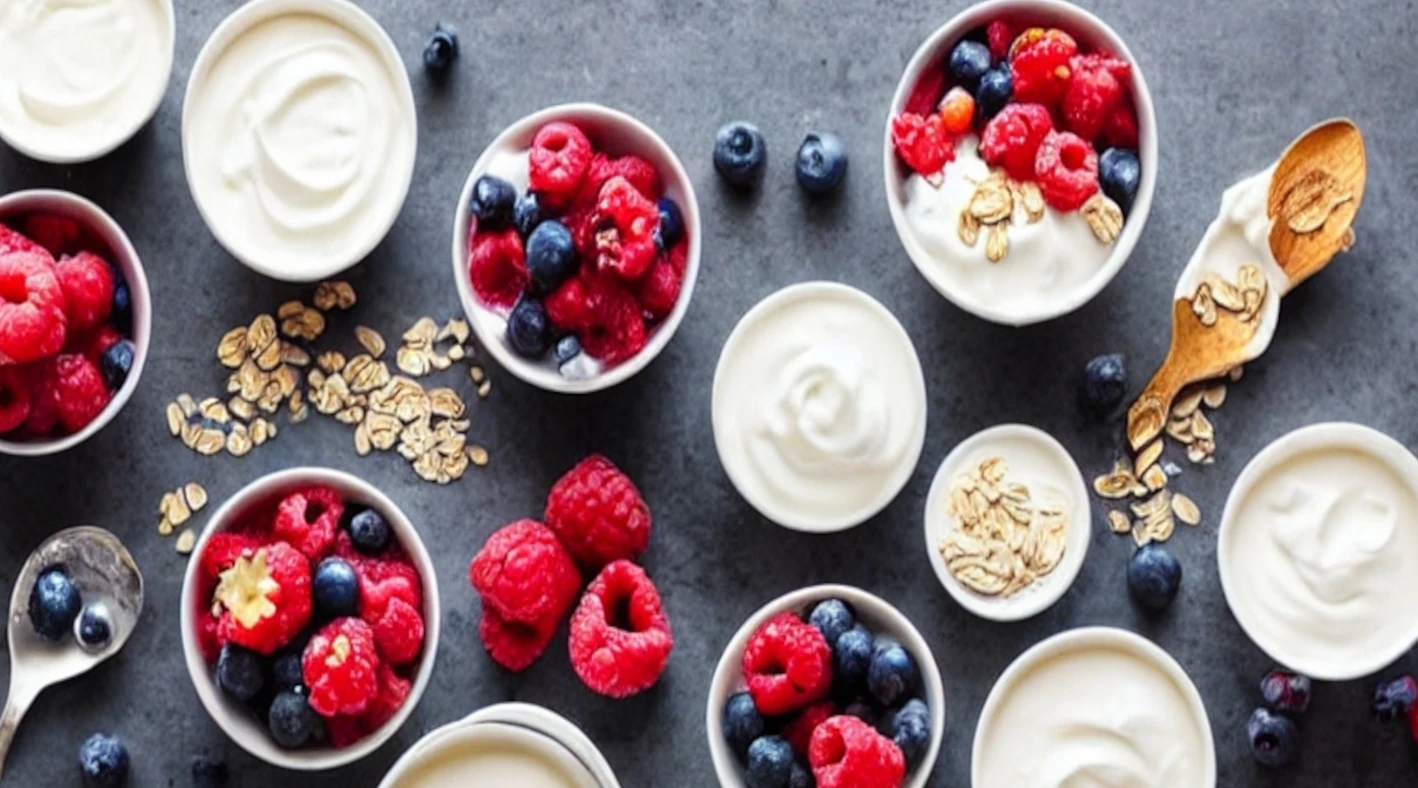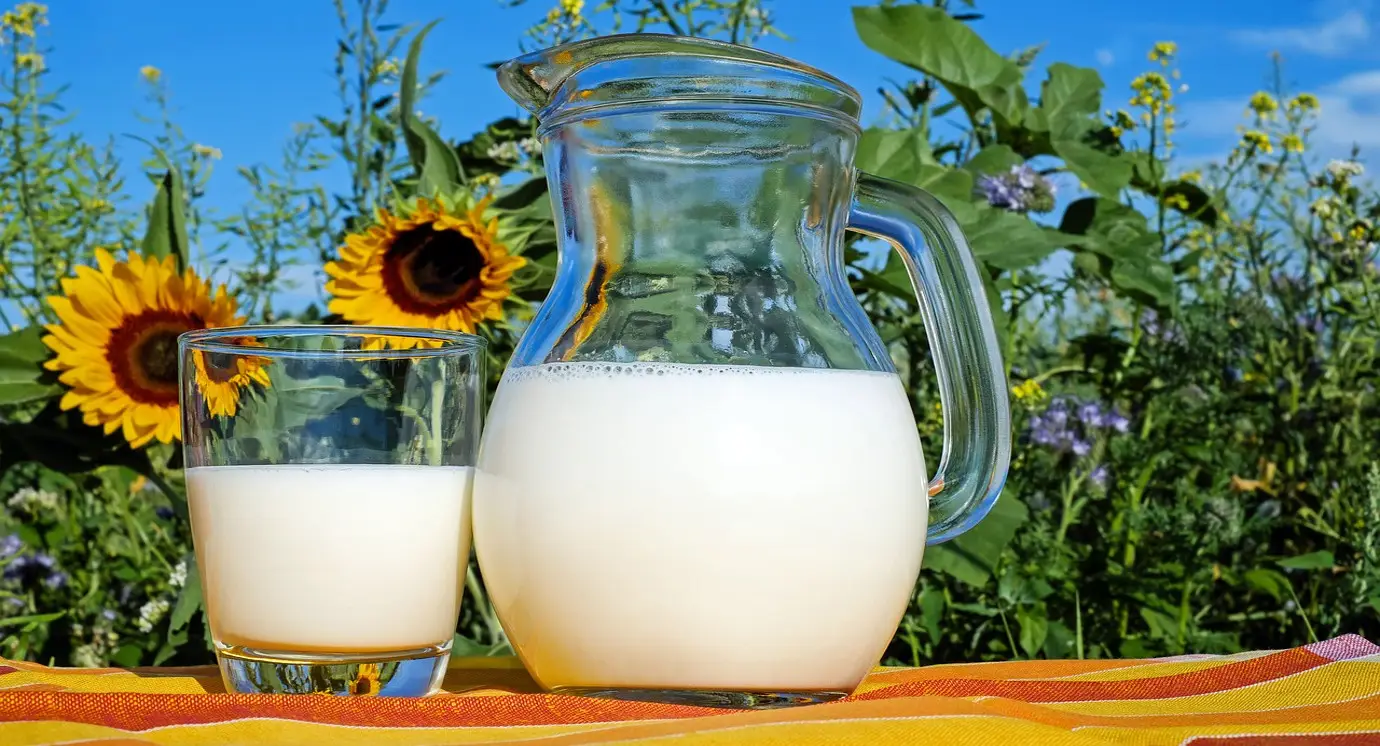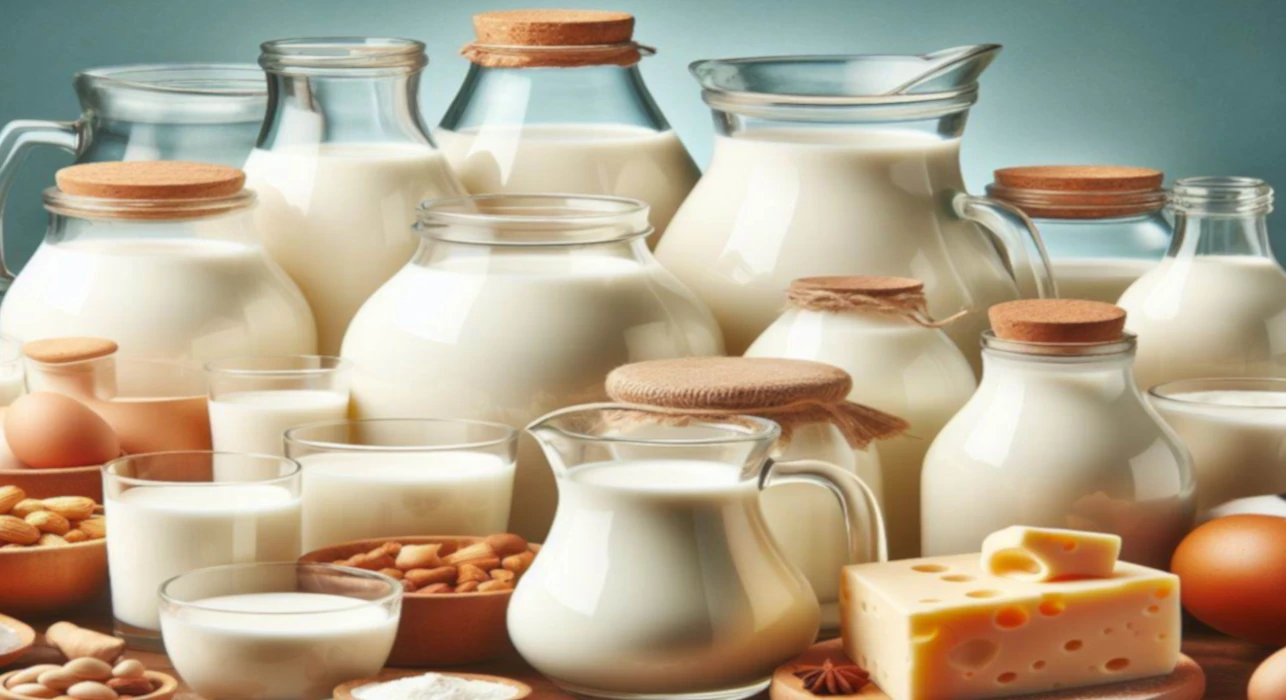Ricotta Cheese Lysine and Arginine Info Sheet
Overview
Ricotta cheese is a soft, white, and creamy cheese that is made from the whey left over from the production of other cheeses.It is usually eaten fresh or used in dishes, such as lasagna, cannoli, and cheesecake.
Ricotta cheese is high in calories, protein, calcium, and phosphorus. It also contains vitamin A, vitamin B12, and zinc. Ricotta cheese may have some health benefits, such as supporting bone health, muscle growth, and immune function.
Ricotta cheese also contains lactose, which some people may be intolerant to.
| Name | Lysine (mg/100g) | Arginine (mg/100g) | Ratio |
|---|---|---|---|
| Ricotta Cheese | 1336.59mg | 629.27mg | 2.12 |
Ricotta Cheese contains 1336.59mg of Lysine and 629.27mg of Arginine per 100g of product.
This means Ricotta Cheese has a very high Lysine-Arginine ratio of 2.12.
Because Ricotta Cheese contains much higher levels of lysine than arginine, it is highly recommended for people who suffer from herpes, as it may prevent outbreaks.
Lysine Considerations
Lysine is an essential amino acid that is important for protein synthesis, collagen formation, and immune function.
Ricotta cheese is a very good source of lysine, providing about 134% of the RDI per 100 grams.
It is one of the nine amino acids that your body cannot make by itself, so it has to come from the food we eat.
Lysine has a variety of functions in the body, such as helping with growth, healing, energy, immunity, and collagen production.
Lysine may also have some effects on the herpes virus, which causes cold sores and genital sores.
Studies have suggested that taking lysine supplements or applying lysine cream may help prevent or treat these infections by blocking the amino acid arginine, which the virus needs to grow.
Arginine Considerations
Arginine is a semi-essential amino acid that is involved in nitric oxide production, wound healing, and blood pressure regulation.
Ricotta cheese is a good source of arginine, providing about 63% of the RDI per 100 grams.
Arginine can contribute to cold sore outbreaks, which are blisters caused by the HSV-1 virus, also known as herpes.
Arginine aids in the growth of HSV-1, which needs this particular amino acid to multiply and infect cells.
Arginine can be obtained through our diet, and is found in different high-protein foods such as nuts, seeds, and chocolate.
Regrettably, the herpes virus is known to "feed" on arginine, and a diet a good source of arginine compared to lysine may increase the frequency and severity of cold sores and herpes outbreaks.
Lysine-Arginine Ratio
The lysine-arginine ratio is a measure of the balance between these two amino acids in a food.
A higher ratio means more lysine relative to arginine, which may be beneficial for preventing or treating viral infections, such as herpes simplex.
Ricotta cheese has a high lysine-arginine ratio of 2.12, which may help inhibit viral replication.
The herpes simplex virus, which causes oral and genital herpes, needs arginine to multiply and infect cells.
Lysine, on the other hand, can interfere with the absorption of arginine in the intestine, and thus limit the availability of arginine for the virus.
By eating a diet higher in lysine than arginine, one may be able to prevent or treat herpes outbreaks.
Foods that have a high lysine-arginine ratio include milk and cheese, fish, poultry, fruits, and vegetables.
These foods can supply the body with sufficient lysine to compete with arginine and inhibit the virus from replicating and causing flare-ups.
Dietary Considerations
Like other dairy products, cheese is a good source of lysine and not very high in arginine.
Cheese can help boost the immune system and fight off herpes infections.
Cheese also contains calcium, protein, and vitamin B12, which are essential for overall health.
Parmesan, ricotta, cottage cheese, and cheddar cheese are some of the cheeses that have the most lysine compared to arginine.

For example:
A well-balanced and healthy diet that strengthens your immune system and lowers inflammation is important.
This means you should eat a lot of fruits, vegetables, whole grains, lean protein, and good fats, and avoid processed foods, added sugars, alcohol, and caffeine.
You may want to take l-lysine supplements.
L-lysine is known to prevent herpes outbreaks and it can help stop a cold sore in its initial stages by "starving" the virus of arginine before it has a chance to cause a cold sore.
Taking other food supplements that can improve your immunity and protect your cells from oxidative stress, such as vitamin C, zinc, selenium, and antioxidants.
Eating foods that can soothe your symptoms and speed up your healing process, such as honey, yogurt, aloe vera, and chamomile.
These foods have anti-inflammatory, antiviral, and antibacterial properties that can reduce pain, swelling, and itching, and promote tissue repair.
Check more food information






